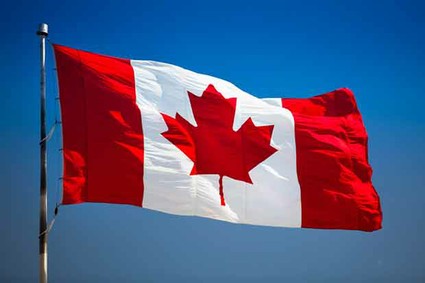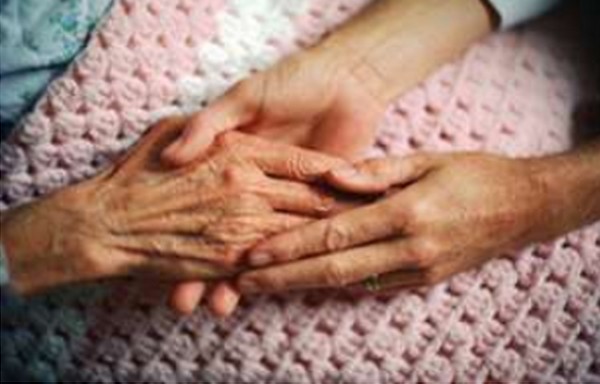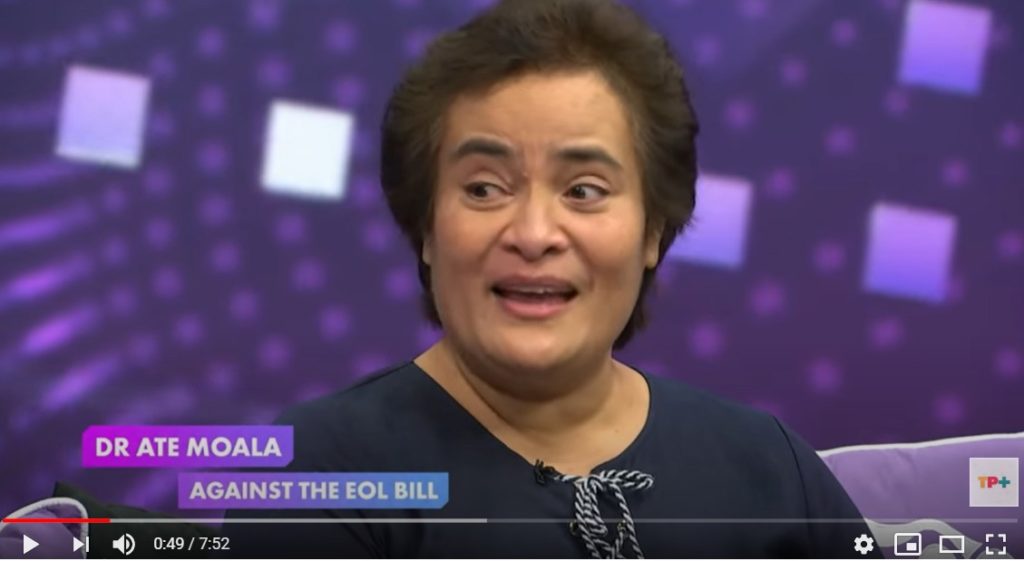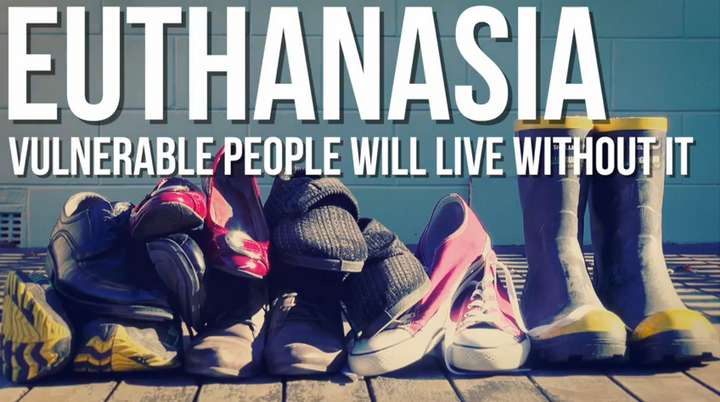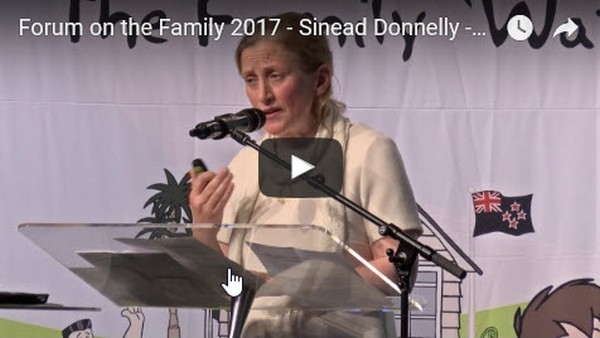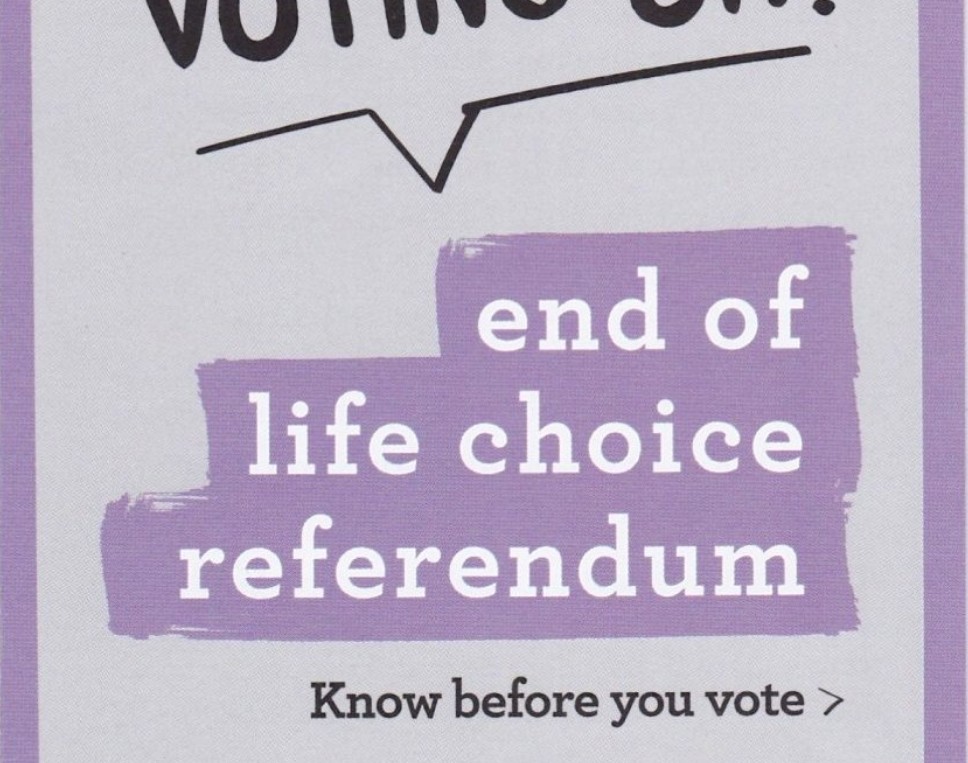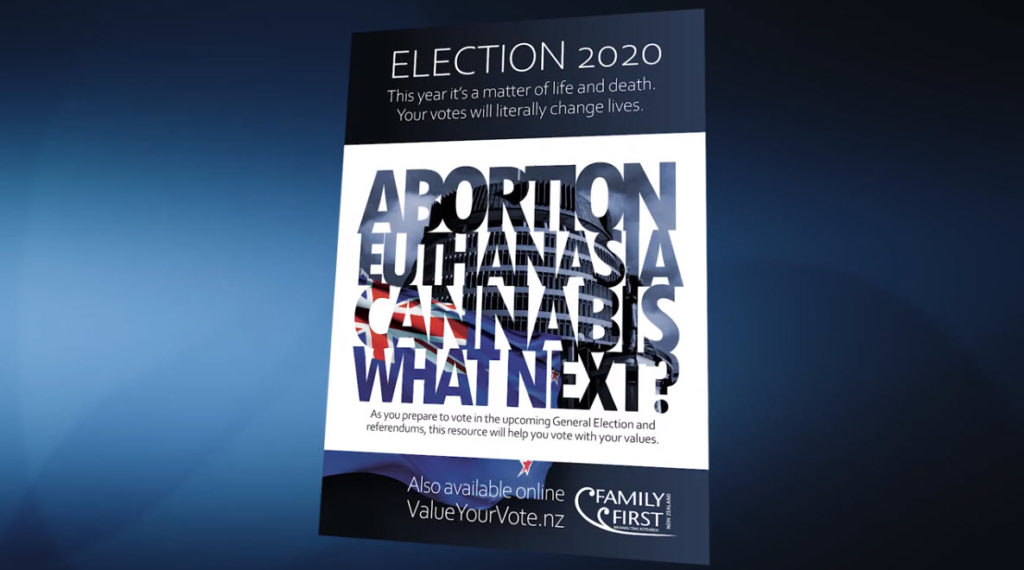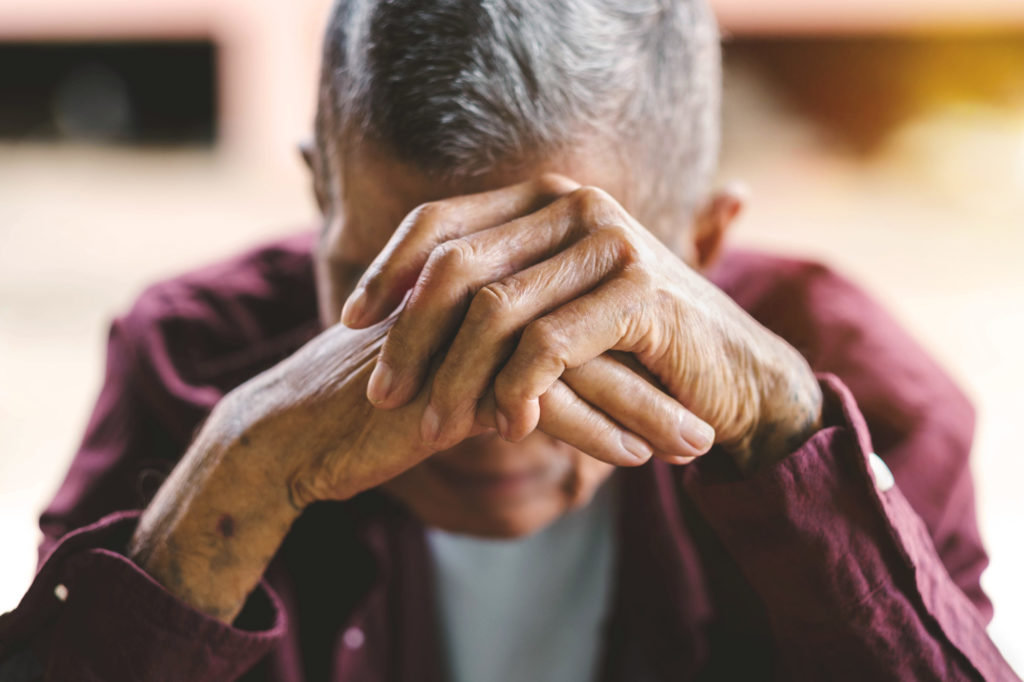Media Release Euthanasia-Free NZ 20 July 2020
Family First Comment: Andrew Little (Minister of Propaganda) is up to his tricks again – this time on the euthanasia referendum. Shocking.
“The government’s summary misrepresents the End of Life Choice Act. It oversimplifies one of the eligibility criteria and overstates the protections against pressure.”
“The Government’s official information on the End of Life Choice Act referendum is misleading and biased,” says Renée Joubert, Executive Officer of Euthanasia-Free NZ.
“The government’s summary misrepresents the End of Life Choice Act. It oversimplifies one of the eligibility criteria and overstates the protections against pressure.”
Euthanasia doesn’t need to be a last resort
The flyer identifies one of the eligibility criteria as, “experience unbearable suffering that cannot be eased”.
“This statement is misleading, because it implies that a person would be eligible only if no treatment exists”, says Ms Joubert.
In reality, the Act states that an eligible person needs to “experience unbearable suffering that cannot be relieved in a manner that the person considers tolerable”.
“The Act would allow an eligible person to receive a lethal dose if they refused treatment. A person can refuse treatment that would relieve their suffering. The person would not even need to try the treatment. They would only need to say that they don’t consider it tolerable,” says Ms Joubert.
“Under the End of Life Choice Act, euthanasia doesn’t need to be a last resort.”
Weak protections against pressure
“The government flyer overstates the protections against pressure and does not use the wording from the Act”, remarks Ms Joubert.
“The flyer uses the heading, ‘Making sure the choice is freely made’. This phrase is not impartial nor factual, because the Act does not use this phrase and makes no such guarantee.
“Whether the Act’s clauses are sufficient to ‘make sure the choice is freely made’ is a matter of personal opinion, not fact,” she says.
The flyer goes on to state, “The doctor must do their best to make sure that a person’s choice to ask for assisted dying is their own.” This is an overstatement of what the Act actually requires.
The Act requires only one doctor to only “do their best to ensure the person expresses their wish free from pressure from another person”.
“What might ‘do their best’ mean to a busy doctor? It’s a subjective requirement that cannot be measured or enforced,” she says.
“The doctor doesn’t need to have met the person before and doesn’t need to speak to the person face-to-face. During an online consultation the person’s abuser could be sitting in the same room and pressuring them to request assisted dying without the doctor being aware of it.”
“The word ‘decision’ has a wider meaning than ‘express their wish’. A person could ‘express their wish’ free from pressure, even if their ‘decision’ to request assisted dying was influenced by pressure or abuse that occurred earlier. As many victims of psychological abuse know, a skilled manipulator can make a victim mistakenly believe that something is their own choice.”
Unlike the Australian, US and Canadian laws, the End of Life Choice Act does not require any independent witnesses.
No independent witnesses are required when the person expresses their wish; when they confirm their wish by signing a form; or when they receive the lethal dose.
“If a health professional put pressure on the person, their guilt could be impossible to prove. The only witness may be dead”, warns Ms Joubert.
The doctor is required to check for pressure by speaking to “health professionals who are in regular contact with the person” and to family members who are “approved by the person”.
“This is a very weak safeguard, considering the fact that many adults do not have regular contact with health professionals and do not live with family members. Pressure from a boyfriend, girlfriend, caregiver, employer, friend, flatmate or neighbour could easily remain unreported.”
Only if the doctor or nurse practitioner suspects that a person is not “expressing their wish free from pressure from any other person”, do they need to stop the process.
“The only pressure acknowledged in the Act is pressure from another person. Nobody would be required to check for pressure coming from a group; or pressure due to poverty, homelessness, loneliness, depression; or pressure due to a lack of timely access to medical care or assisted living support.”
Ms Joubert laments, “A person who lacks the support they need will not be making a free choice.”
Conclusion
“The government’s summary does not represent the End of Life Choice Act accurately”, warns Ms Joubert. “We encourage the public to also read the Act for themselves.”
“This referendum is not about our personal views on whether euthanasia or ‘assisted dying’ should be legal in principle. We are not voting on a concept.
“We are voting on the details of a specific piece of legislation. Regardless of our personal views, each one of us needs to decide whether we support the finer details of this particular Act.”
ENDS
